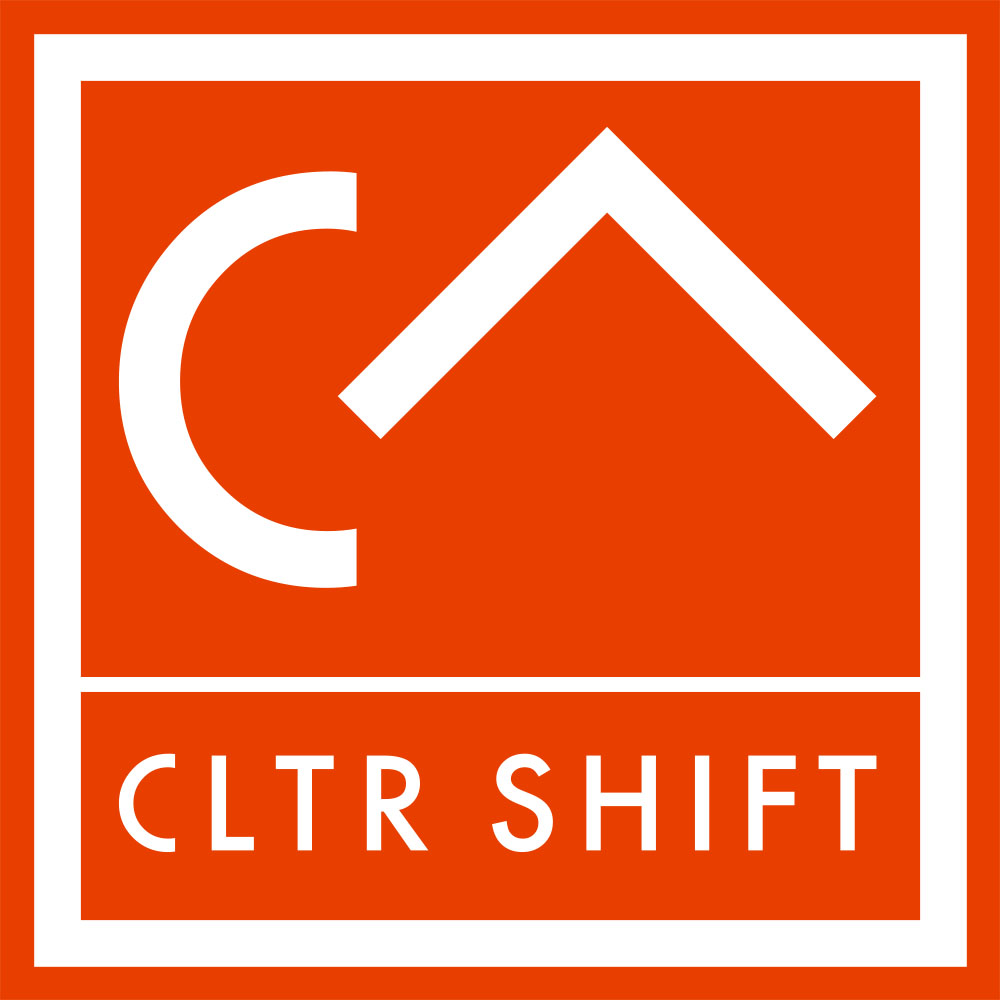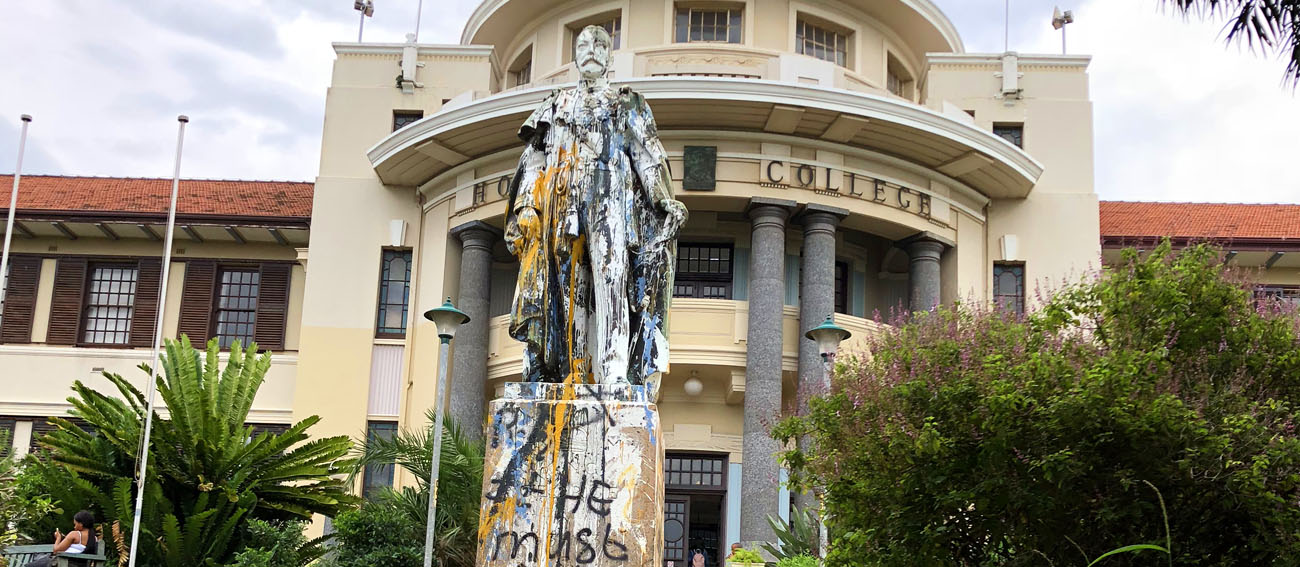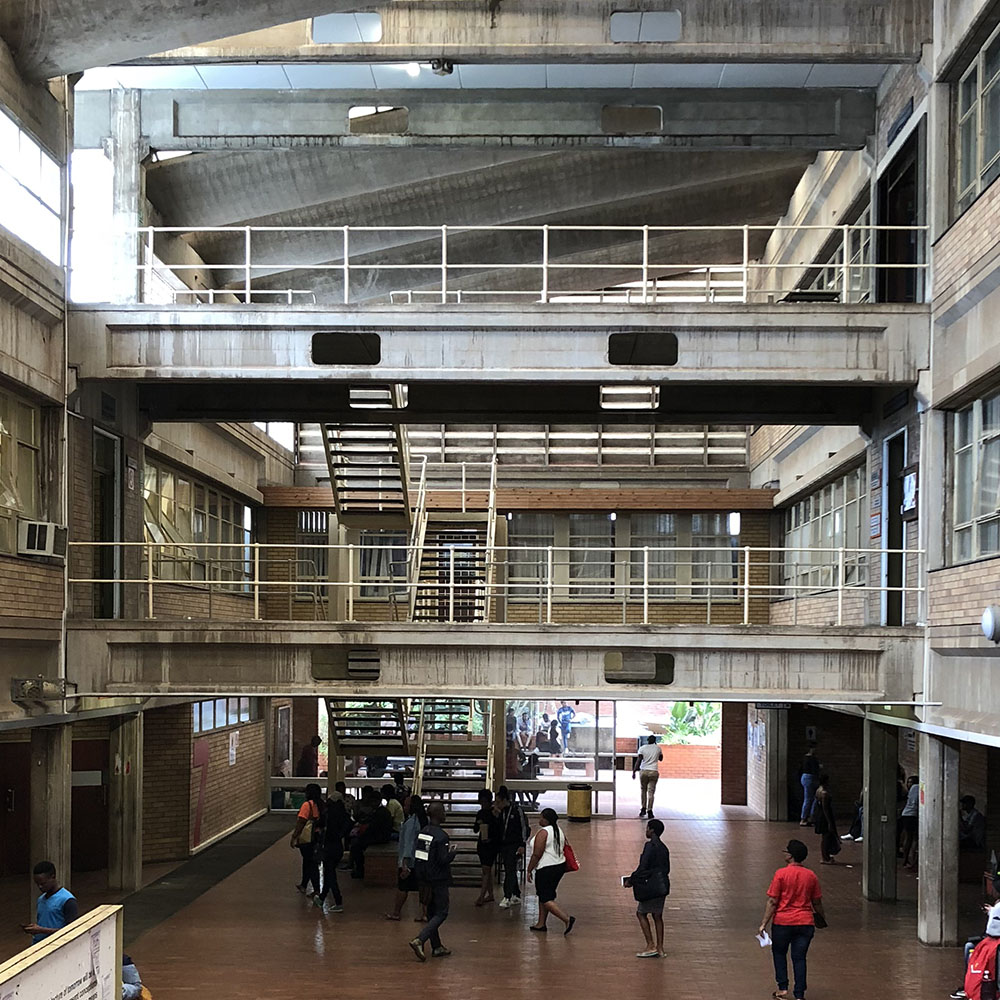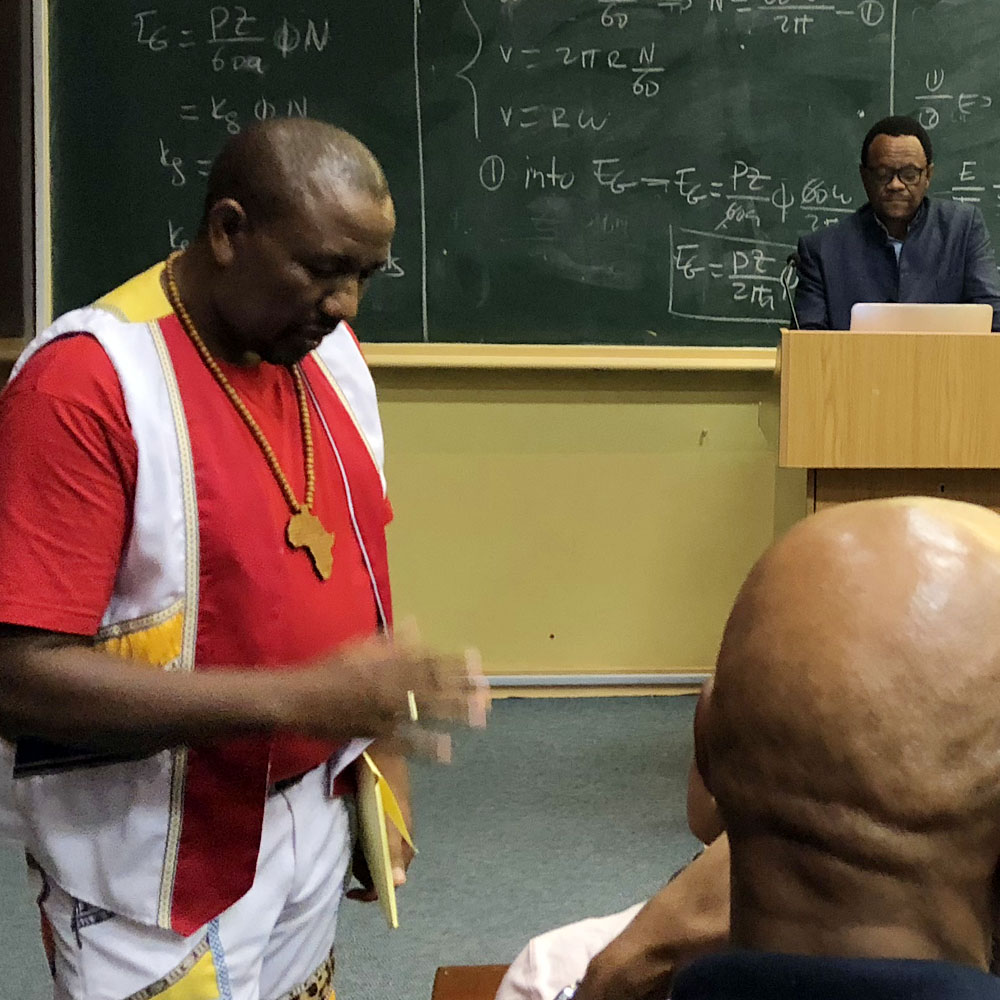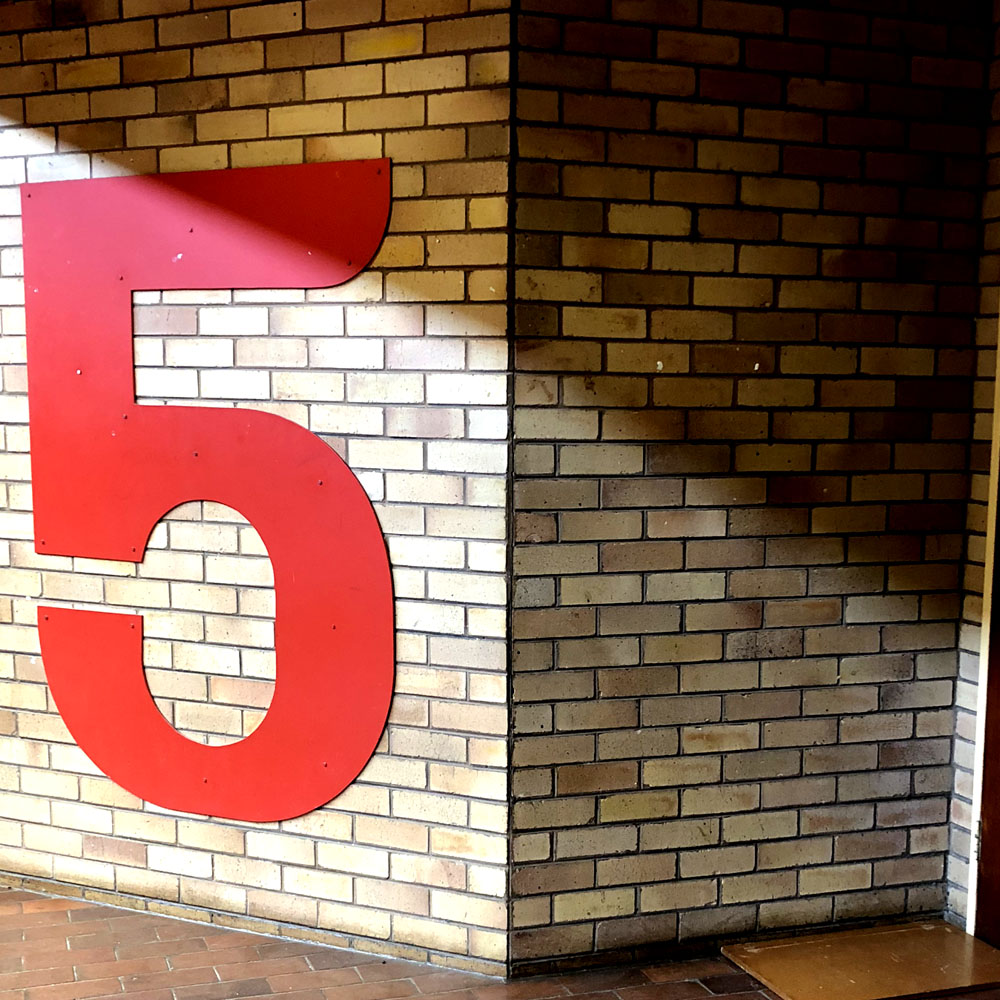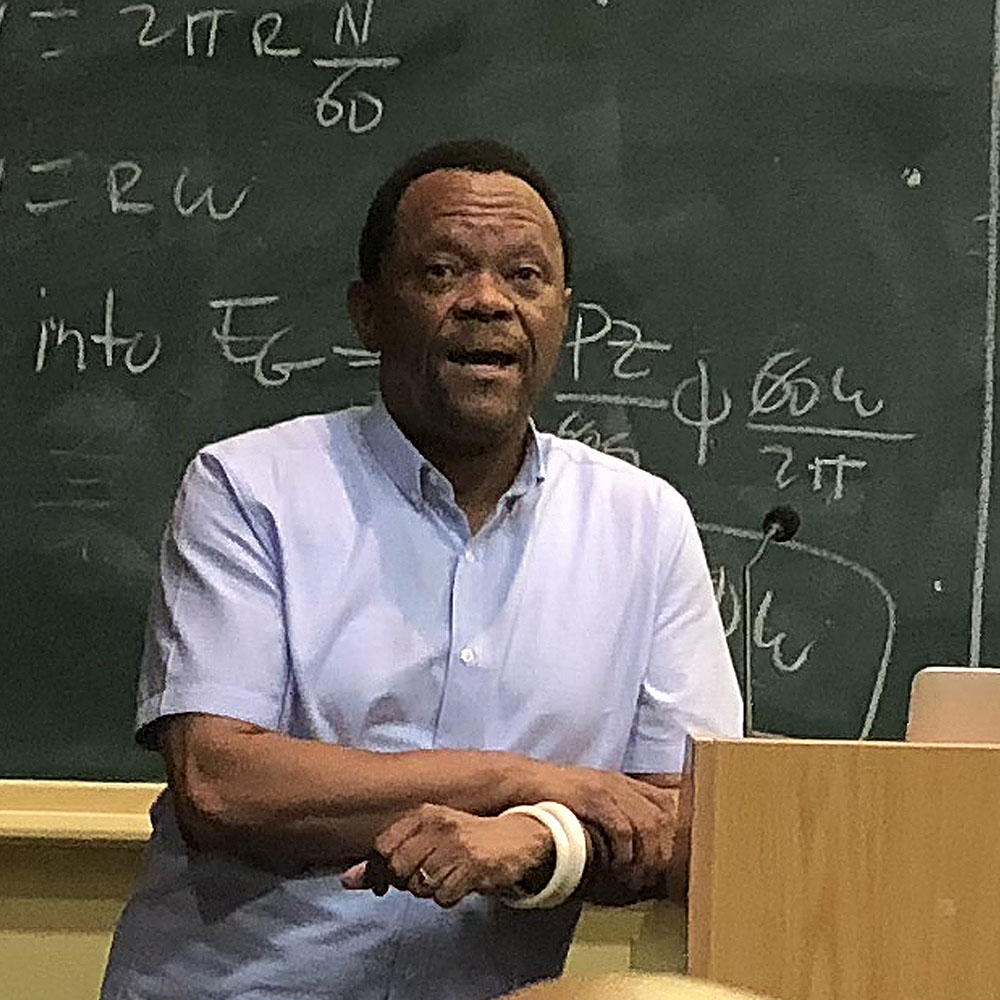The Abalozi, the Spiritualist and the Teacher
with Dr VVO Mkhize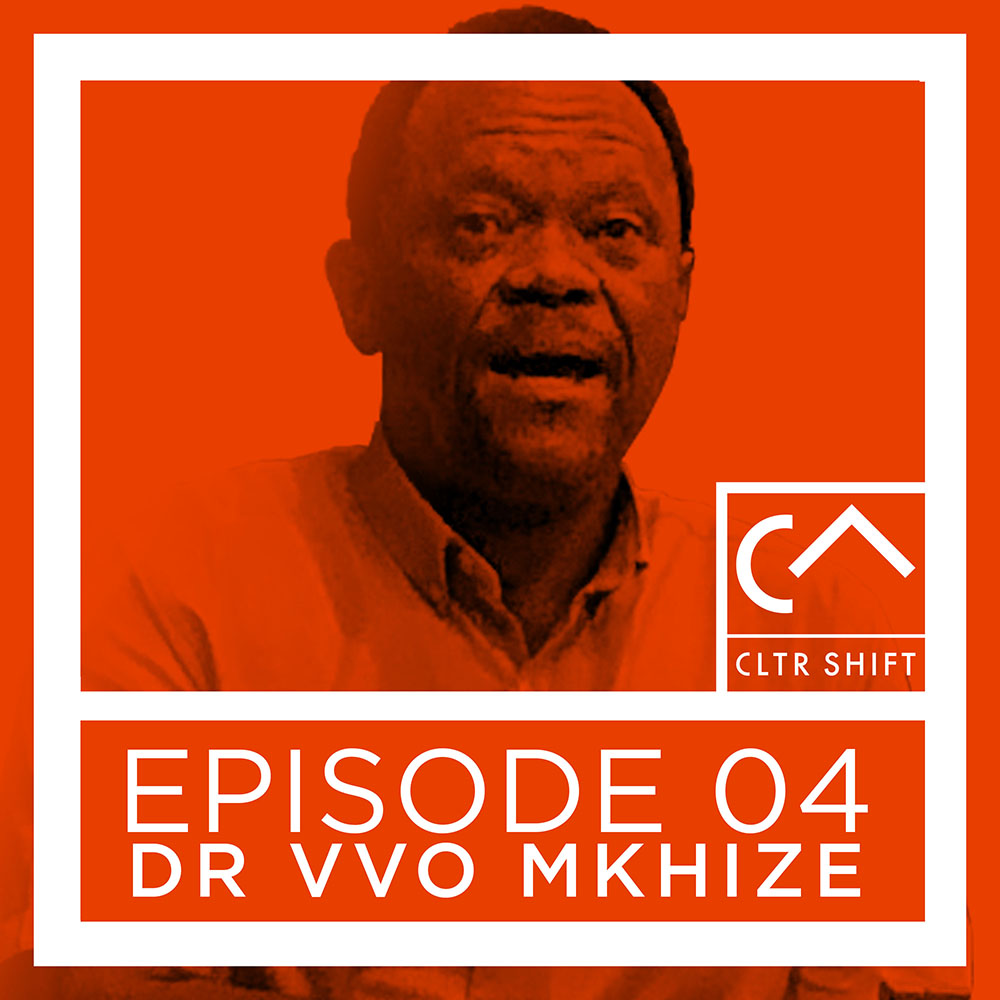
Dr Mkhize’s breakdown of the different ways of divining – really expanded my view of what sangomas are and the skills imparted to a person from birth. He explains how to use these effectively as well as live with those abilities – it’s not always a good thing in your life and certainly not always a means to be rich off them. A blessing and a curse.
- uMa: god of creativity and nature
- Nomhowei: sexuality and nature
- Nomkubulwabne: fertility and sensuality
- Somandla: power and virility
- Sodumo: destiny and rebirth
- Mlenzimunye: vitality and courage
- uMvelingnangqi: centrality and balance
Ukuthwasa – training/ initiation
uBungoma – calling. Initiated into ubungoma through the process of ukuthwasa
Amathongo – Gods
uGogo – Grandmother
Umkhulu – Grandfather
Many of us have heard of sangomas as the term used for Zulu diviners and I personally assumed this broadly meant all diviners in that tradition. But, as Dr Mkhize points out, uHlanya is the broad term for the SIX types.
5 Ways of Having the Veil:
- Umbilical cord
- Born with an elderly person – male or female (cleanse and done)
- Born with someone who you have to find their name and use their name. Parents name PLUS that name.
- Reincarnated – you have come back.
- You are a twin in one body – one body has two spirits. Came in at inception. One but two people.
6 Types of Diviners
- Sangomas
- Abalozi: very rare, hear whistling (e.g. Dr Mkhize)
- iSanyusi: e.g. Credo Mutwa
- uGehla: passed down/inherited skills like inyanga
- uMthandazi: “the best”
- uMhlahli: only 2 ever. One predicted Shaka; last was in 1929
Listen Now
IF YOU LIKED THIS
YOU MIGHT LIKE: The Linguist, the Cosmology and the Zulu Traditional Beliefs
Along with his mission of educating and informing those who come from these traditions is his dedication to putting this information in their hands, in isiZulu, and this is in the form of his published books entitled “Umsamo”. Unfortunately for us english speakers, we’ll have to wait. Again, it’s vital that the people whose traditions these are have access to this information, and as the crammed lecture hall showed, the younger generations are eager to learn about their histories.
Find out more about Dr Mkhize and Umsamo, visit umsamo.org.za.
